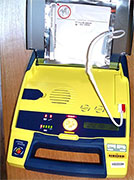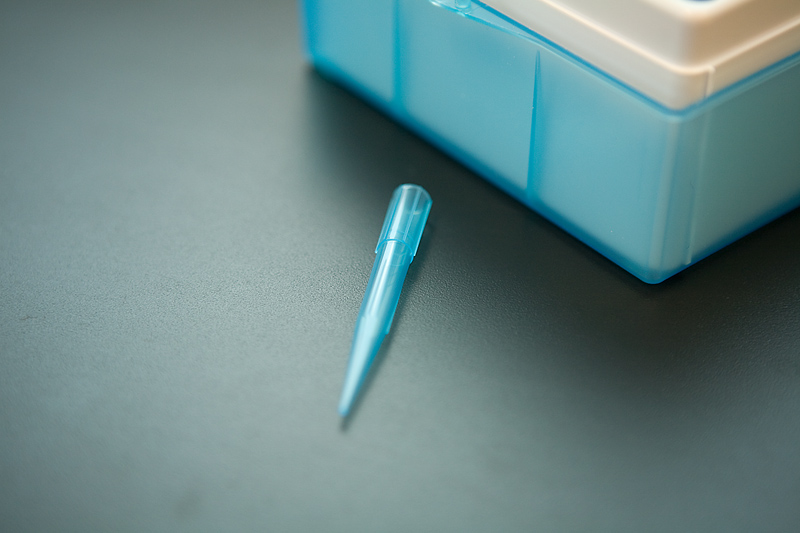
WEDNESDAY, Jan. 28, 2015 (HealthDay News) — Automated external defibrillators — the kind that are installed and ready for use in many public spaces — can save lives when needed.
But the U.S. Food and Drug Administration says that since 2005, it has also received 72,000 reports of the devices failing.
The agency said that, based on these incidents, it will strengthen its approval process for external defibrillators and their accessories, including batteries, pad electrodes, adapters and other items.
Automated external defibrillators are portable devices that automatically detect potentially deadly heart rhythm problems in a patient and deliver an electrical shock to restore normal rhythm.
The devices do “save lives,” Dr. William Maisel, deputy director for science, acting director of the Office of Device Evaluation in the FDA’s Center for Devices and Radiological Health, said in an agency news release.
However, the new changes “will allow us to more closely monitor how they are designed and manufactured,” he said. “This will go a long way towards correcting long-standing problems and ultimately improving the reliability of these devices.”
The FDA said it will also carry out inspections of manufacturers’ facilities prior to approving the defibrillators. After approval, manufacturers will have to file annual reports on each device’s performance and inform the agency about any changes made to the defibrillators that affect safety and effectiveness.
The FDA said that devices currently on the market will remain available while manufacturers work to meet the new requirements for the devices, which take effect in mid-2016. New requirements for current, necessary accessories will take effect January 2020.
More information
The American Heart Association has more about automated external defibrillators.
Copyright © 2026 HealthDay. All rights reserved.

